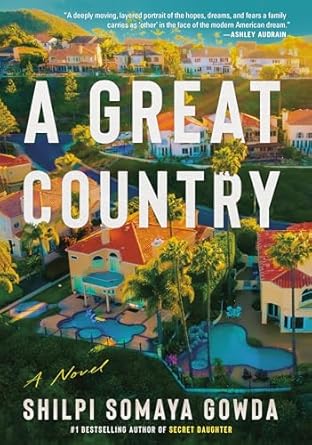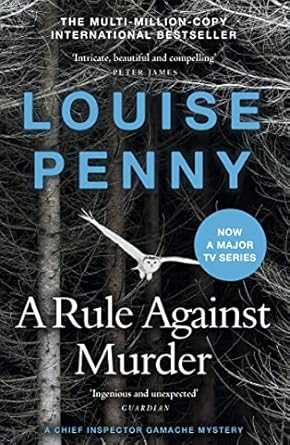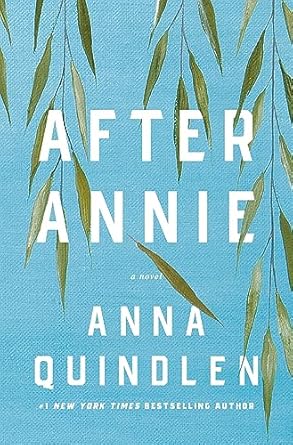4 Stars
There are two timelines. Most of the events take place in 1984 in Wellington, New Zealand. Twelve-year-old Justine Crieve, like virtually all of her classmates, is drawn to Mrs. Price, their glamorous and charismatic teacher. Justine is very happy when she is chosen as one of the teacher’s pets. However when items start going missing in the classroom, including a special pen owned by Justine, she senses that something is not quite right. Then when her best friend, Amy Fong, is scapegoated as the thief, Justine must decide where her loyalties lie.
The second timeline is 2014. Justine is visiting her father in a nursing home and meets one of his caregivers who looks very much like Mrs. Price. This encounter has Justine remembering the events of 30 years earlier. It is made clear early on that something dramatic happened because Justine foreshadows that “everything went wrong.”
The uncertainty of what is really going on and what will happen creates suspense. To complicate matters, Justine has epilepsy and her memory of events just before and after a seizure is often foggy. Her unreliability as a narrator adds to the tension.
Characterization also adds to the uncertainty. Mrs. Price is enigmatic and that is part of her allure. There is certainly a dichotomy between her sweetness which seems superficial and some of her behaviour which borders on sadism. She creates an atmosphere of competitiveness amongst her pupils, though she repeats that they are all family. When Justine gets to know her teacher better, there are more questions. What are those pills that Mrs. Price is always taking? One of Justine’s friends says Mrs. Price is manipulative and that struck me as the perfect adjective. Because Justine’s mother died recently, Mrs. Price takes advantage of Justine’s vulnerability.
It is not just Mrs. Price’s actions and words that are unsettling. The book includes examples of racism, bullying, objectification of women, and colonial mentality. For instance, Amy, because she is of Asian heritage, is routinely bullied and ostracized; more than once Amy is taunted to kill herself, yet Mrs. Price does nothing. Body-shaming comments are made about beauty pageant contestants and other girls in the class. And Mrs. Price teaches that the Aboriginal People were “among the most primitive on earth.”
The book is well-written. I especially loved some of the symbolism. The axolotl works well in showing how Mrs. Price treats the children: just as the students become bored with the amphibian, she becomes bored with one pet and moves on to another. And the reference to the axolotl’s ability to regenerate (“Resurrecting all the damaged and amputated parts of herself, and living forever”) is a perfect description of a character.
Though the novel begins slowly, my interest was caught immediately and I found it difficult to pull myself away from it. I certainly recommend it to those who enjoy psychological suspense.








